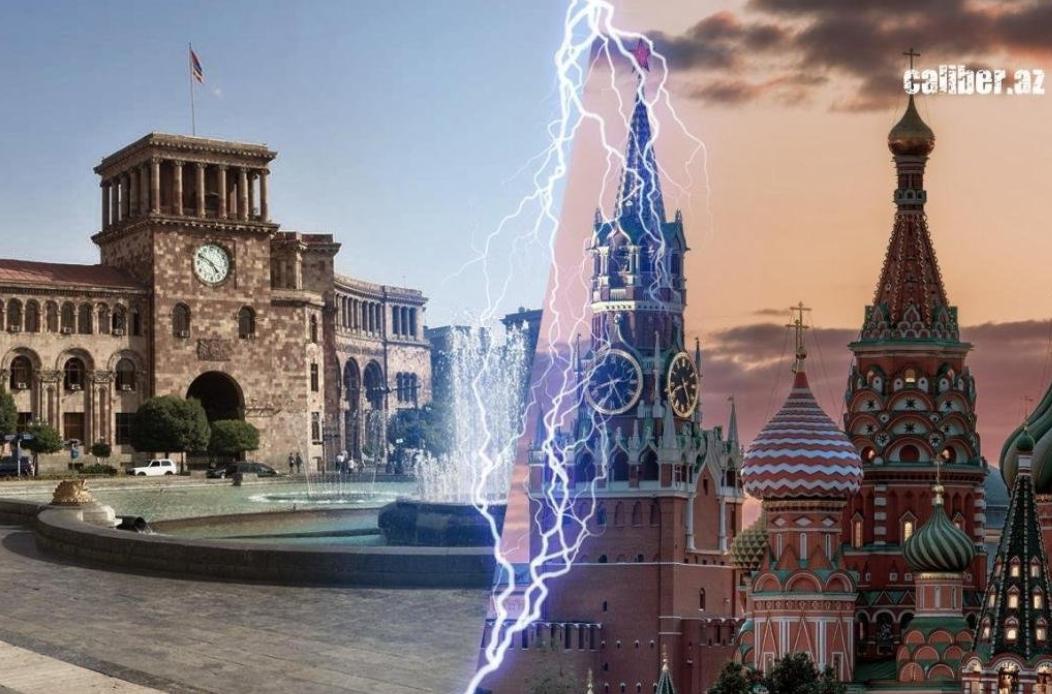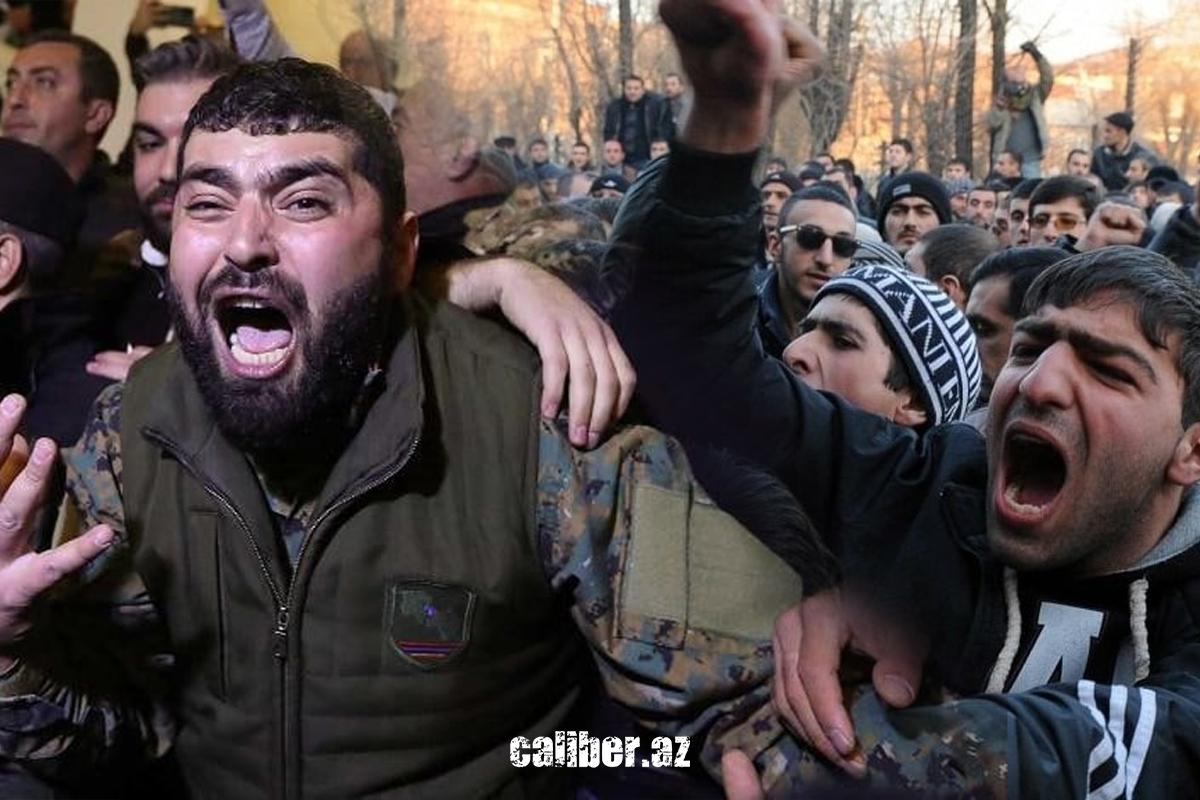Armenia's high-stakes gamble Testing the waters amid shifting US priorities
On December 5, during his visit to the United States, Armenian Defence Minister Suren Papikyan met with US Secretary of Defense Lloyd Austin. Papikyan outlined the details of ongoing reforms in Armenia’s military and highlighted key areas of cooperation, aimed not only at modernizing Armenia's armed forces but also at strengthening ties with the US military.
Secretary Austin, known for his diplomatic manner, called the visit of Armenia's defence minister a historic one. Later, as a gracious host, he reaffirmed that the US supports Armenia’s independence, sovereignty, and well-being, and expressed satisfaction with the growing cooperation between the two nations. Austin also emphasized the US commitment to assisting Armenia with its military reforms. In response, Papikyan reaffirmed Armenia's dedication to achieving long-term peace in the region. Secretary Austin expressed US support for this aspiration as well.
Unfortunately, however, Papikyan failed to mention that, for long-term peace to be established in the region and for a new chapter to be opened, it is crucial to make the necessary amendments to Armenia’s Constitution as soon as possible. This would involve actively facilitating the return of Azerbaijanis to the territory of Western Azerbaijan and finally opening the Zangezur Corridor, which would revitalize regional trade, connect Armenia to other international regional projects, and pave the way for peaceful coexistence without territorial claims—nothing less, and nothing more.
However, Papikyan did not mention whether Armenia plans, in light of the ongoing military reforms and the deepening military-technical cooperation with the US across all areas, to approach Russia with a request for the immediate withdrawal of the 102nd military base. It seems that this issue, along with Armenia’s continued membership in the Collective Security Treaty Organization (CSTO), was either not discussed by the parties or was addressed privately after the official part of the meeting, in a more informal, one-on-one setting.
It is likely that once expressions such as "immediate withdrawal from the CSTO" or "Russian troops leaving Armenia" start appearing in the speeches of Armenian officials, the real drama will begin. When that happens—something almost certain to occur as soon as such slogans are voiced—it will be a spectacle to watch. The unfolding situation will be dramatic in every sense, accompanied by celebrations and public displays. Moreover, the deepening military-technical cooperation between Armenia and the US will not go unnoticed by Iran, which strongly opposes the replacement of a Russian base in Armenia with an American one.

The minimum punishment for a sharp shift in geopolitical orientation could, at the very least, involve the expulsion of Armenian migrant workers from Russia, followed by tax audits of companies operating in Russia and owned by Armenians. There may also be investigations into the legitimacy of land ownership by Armenians in the Krasnodar Territory (especially in Sochi) and Stavropol. In general, the unfolding events are likely to be quite turbulent, even fascinating, and the lives of some individuals will likely become more dynamic and unpredictable. As for the non-compliance of Armenian agricultural products, raw materials, and food with Russian standards, that’s another matter entirely. It will also be interesting to watch the increase in the number of Armenian trucks waiting to cross the Upper Lars checkpoint, but that’s just a detail.
A more extreme scenario could unfold. The United States is neither naive nor foolish, and they don't easily take words at face value. To ensure that Armenia doesn’t back out of "deepening military-technical cooperation" at the last moment, Armenia could, in effect, be forced into action—perhaps by attacking the Russian embassy or the 102nd military base. At that point, there would truly be "nowhere to retreat," as Moscow’s response could be entirely unpredictable. Or, conversely, it could be painfully predictable, and the consequences would be clear to anyone without further explanation.

In this situation, what is most interesting—rather than important—is not just the reaction from Moscow and Tehran. The Armenian authorities are trying to reach some sort of agreement with the US as quickly as possible—specifically before Trump's inauguration—to ensure there’s something to discuss with the new administration. They also want to find out whether the new White House administration would be open to military cooperation with Armenia without preconditions, such as "a firm no to the CSTO." The moderate criticism of the CSTO by Armenian Prime Minister Nikol Pashinyan, notably without declaring any intention to leave the organization, fits well within this theory. Armenia is testing the waters, trying not just to avoid a misstep, but also to ensure it doesn’t fall out of favour if the Trump administration decides that the South Caucasus region is not a priority for the US at this stage.
In any case, the situation will become clearer within the first few months of Trump’s presidency. Trump is a pragmatic individual and knows how to negotiate. Time will tell, but as a character from a notable Soviet film once said, "the evening ceases to be boring."








